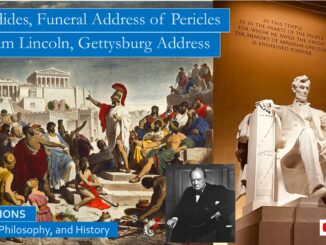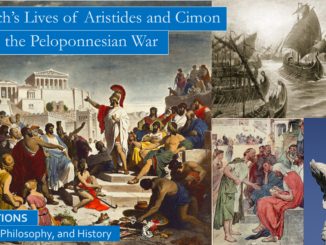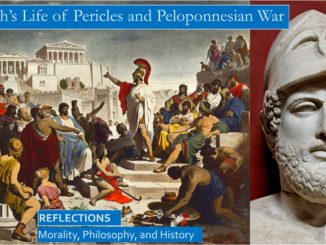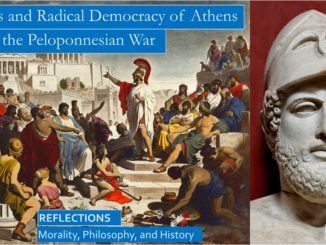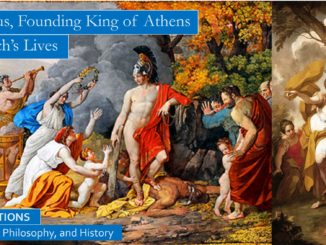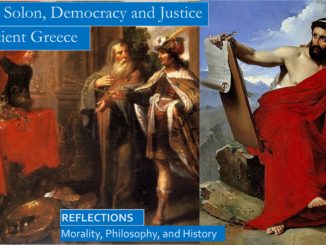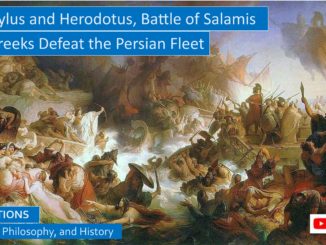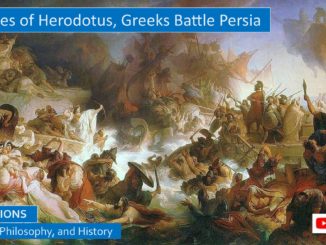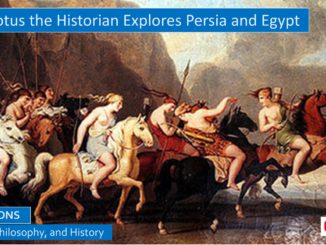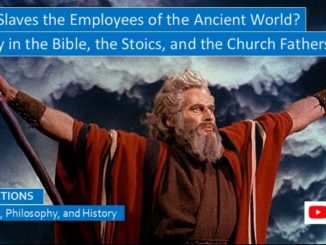Why did Herodotus write his Histories? Herodotus tells us in his first paragraph, “so that human achievements may not be forgotten in time, and great and marvelous deeds, some displayed by Greeks, some by barbarians, may not be without their glory; and especially to show why the two peoples fought with each other.” Just as in the Iliad, the Greek soldiers and sailors in the Histories of Herodotus fight for cleos, or glory, and warriors in these warrior societies are immortalized by their great and marvelous deeds on the battlefield. Herodotus is interested in recording any mighty deeds of both the Greeks and the Persians, although the glory was earned mostly by the Greeks. […]
